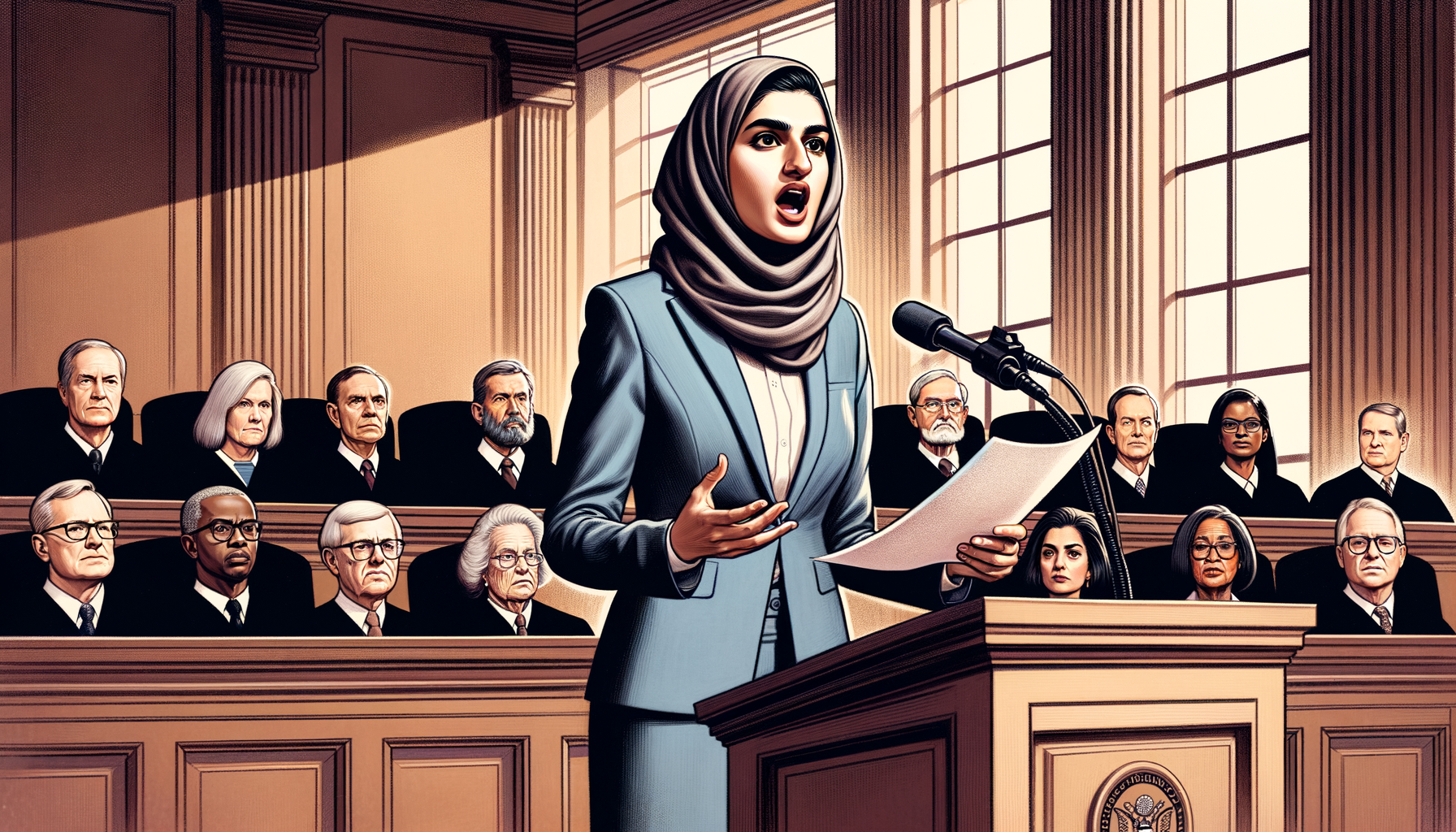Case Name: Gonzalez v. Google LLC & Twitter
IRAC Summary:
Issue: Whether Section 230 of the Communications Decency Act (CDA) provides immunity to social media platforms like Google and Twitter from liability for content posted by third-party users, even when the platforms’ algorithms recommend or promote that content.
Rule: Section 230 of the CDA generally provides that “No provider or user of an interactive computer service shall be treated as the publisher or speaker of any information provided by another information content provider.” This statute has been historically interpreted by courts to grant broad immunity to online platforms from liability arising from user-generated content.
Application: The plaintiffs in Gonzalez v. Google LLC argue that Google’s YouTube platform and Twitter should not be immune under Section 230 for their role in recommending or promoting extremist content created by third-party users. They contend that the algorithmic promotion of such content is an action distinct from the mere hosting of information and should not be protected by Section 230. Google and Twitter argue that their recommendation algorithms fall within the scope of activities covered by the immunity provided under Section 230, as these algorithms are part of their role as service providers facilitating the speech of others rather than creating or developing content themselves.
Conclusion: The outcome of the case will depend on the interpretation of Section 230 by the courts, focusing on whether the recommendation and promotion of third-party content by an algorithm can be considered an act of publishing or speaking for which the platforms can be held liable.
Detailed IRAC Outline:
I. Issue: The main issue is to determine the extent of immunity granted to online platforms under Section 230 of the CDA concerning their use of algorithms to recommend or promote third-party content.
II. Rule: Section 230(c)(1) of the CDA is the pivotal statute providing immunity to online platforms from being treated as the publisher or speaker of content provided by another information content provider.
A. Historical interpretation of Section 230
1. Broad immunity for online platforms
2. Distinction between publisher actions and mere provision of a platform for speech
III. Application: The application of Section 230 to algorithms used by Google and Twitter to recommend content.
A. Plaintiff’s Argument:
1. Algorithmic recommendation and promotion constitute a distinct act from mere hosting.
2. Platforms should be accountable for actively shaping user experience and potentially contributing to the spread of extremist content.
B. Defendant’s Argument:
1. Algorithms are a tool for organizing and suggesting content rather than creating it.
2. The activities of recommending and promoting fall within the provider’s role and are protected by Section 230.
C. Analysis of the role of algorithms in content dissemination
1. Distinction between traditional editorial functions and algorithmic processes
2. The degree of interactivity and involvement of the platform in content curation
IV. Conclusion: A conclusion to the case will hinge on the court’s interpretation of Section 230 in the context of modern online platforms and their algorithmic processes. It will determine whether these platforms can be liable for the consequences of their content recommendation and promotion systems.
A. Potential implications for the future of online platform regulation
B. The balance between promoting free speech and holding platforms accountable for their role in content distribution
The decision in Gonzalez v. Google LLC & Twitter will set a precedent on how courts view algorithmically-driven content recommendation systems and their potential liability under Section 230 of the CDA.
